As California sees a rise in electric vehicles, the state’s gas tax revenue, crucial for road maintenance, is decreasing.
Caltrans is testing the California Road Charge, a pilot program that could replace gas taxes with a pay-per-mile system. This innovative approach addresses the urgent need for sustainable road funding.
Pilot Program Details
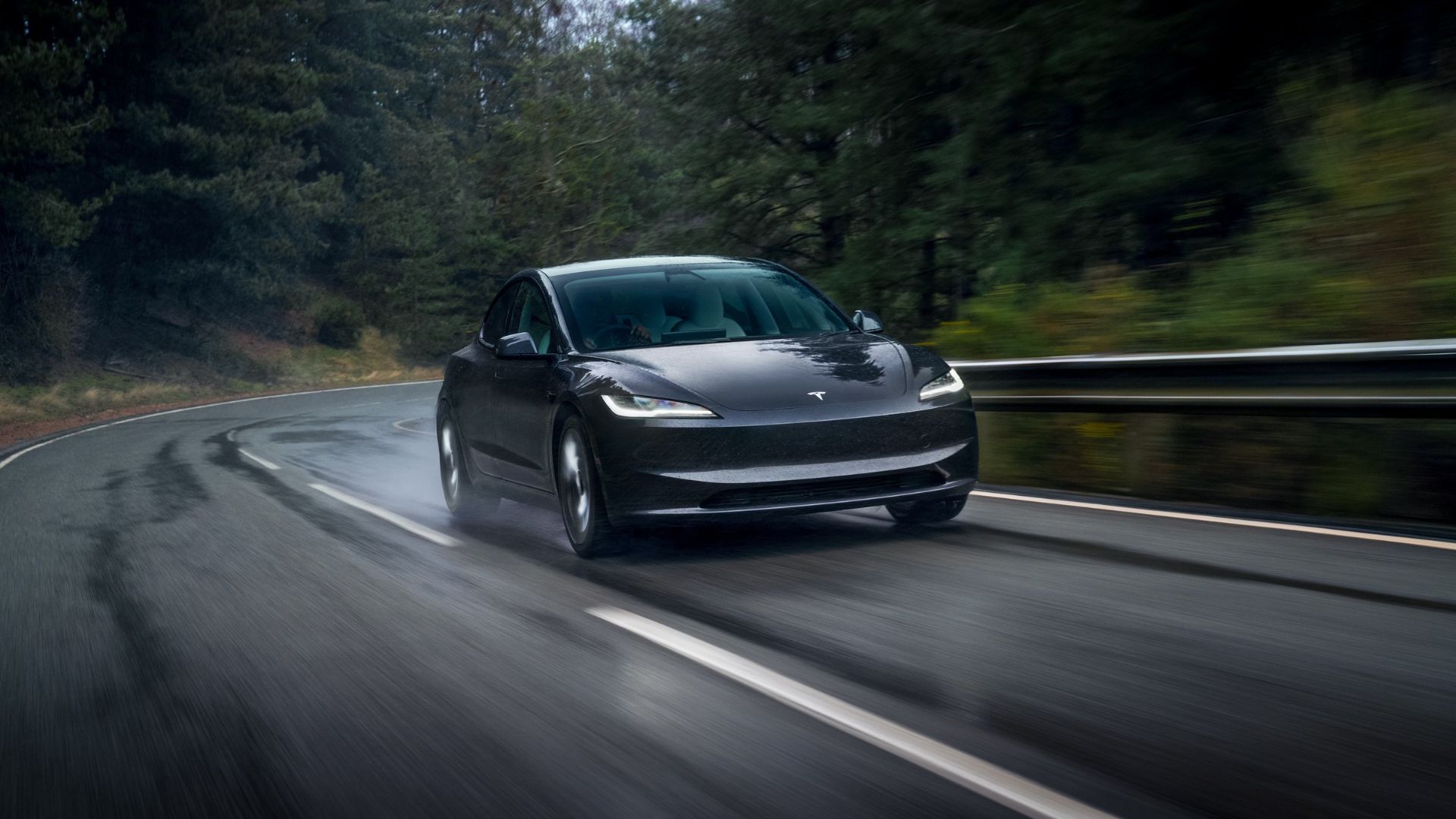
Starting in June 2024, participants in the six-month pilot will track their miles using various methods, including electronic devices or simple odometer photos.
They will be compensated up to $400 and have their gas tax fees waived, offering a direct incentive to participate.
Addressing Privacy Concerns

Privacy is a significant concern with mileage tracking. Lauren Prehoda from the Road Charge Program assures that Caltrans will only see the number of miles and not specific location information.
This is to ensure participants’ privacy while collecting necessary data.
Reaction from EV Owners
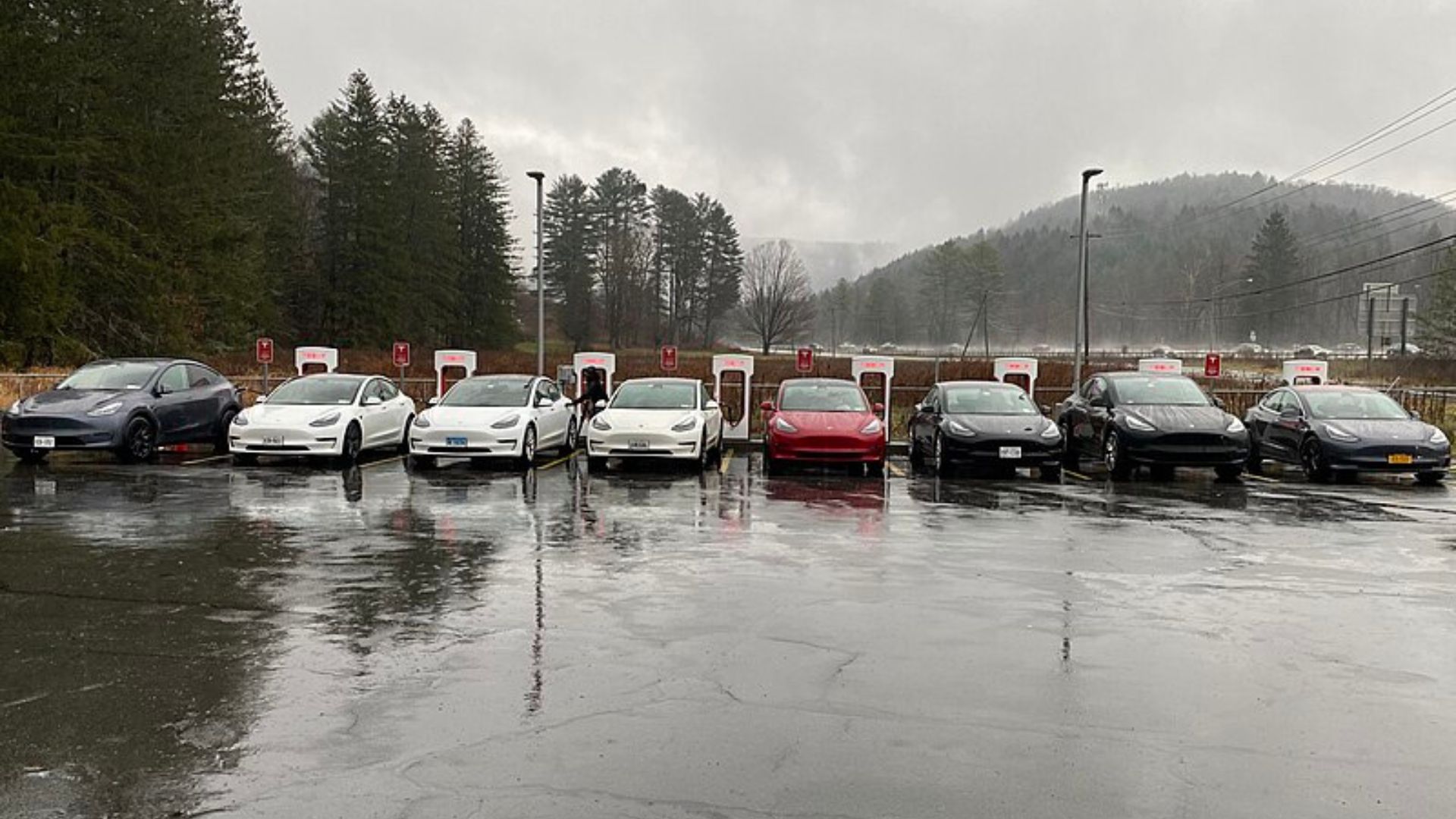
Electric vehicle owners are wary. Jamonique Fletcher, an EV owner, shared concerns about the new system impacting EV benefits.
“I would be very upset because I think it just kind of retracts the incentive that they were trying to get people to purchase electric vehicles,” Fletcher said.
Economic Forecast
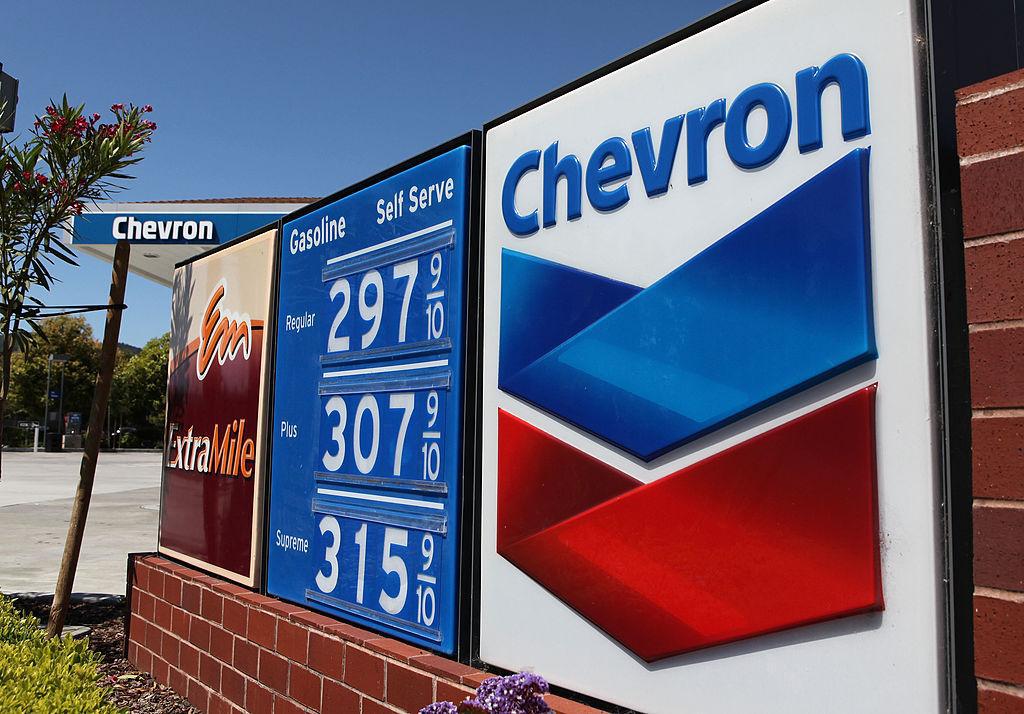
Prehoda also highlights the pressing economic challenge: within 10 years, the state could face a $4.4 billion shortfall due to decreasing gas tax revenue.
This pilot program is racing against time to find a solution before this forecast turns into a major crisis.
How to Participate
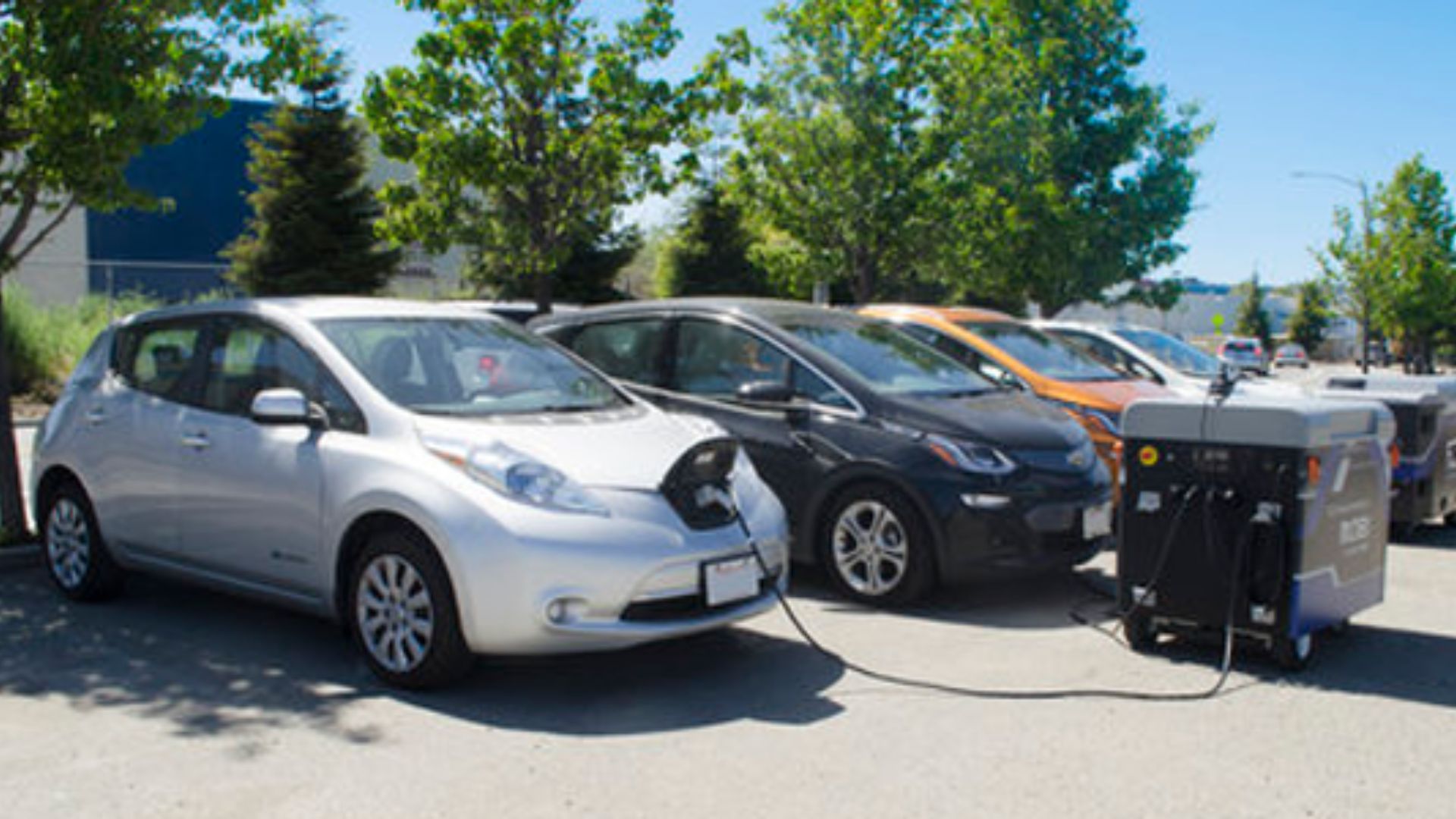
Californians interested in joining the pilot can sign up through the California Road Charge website.
The program seeks to attract a diverse pool of participants, essential for testing the system’s effectiveness across various demographics and vehicle types.
Varied Charging Strategies
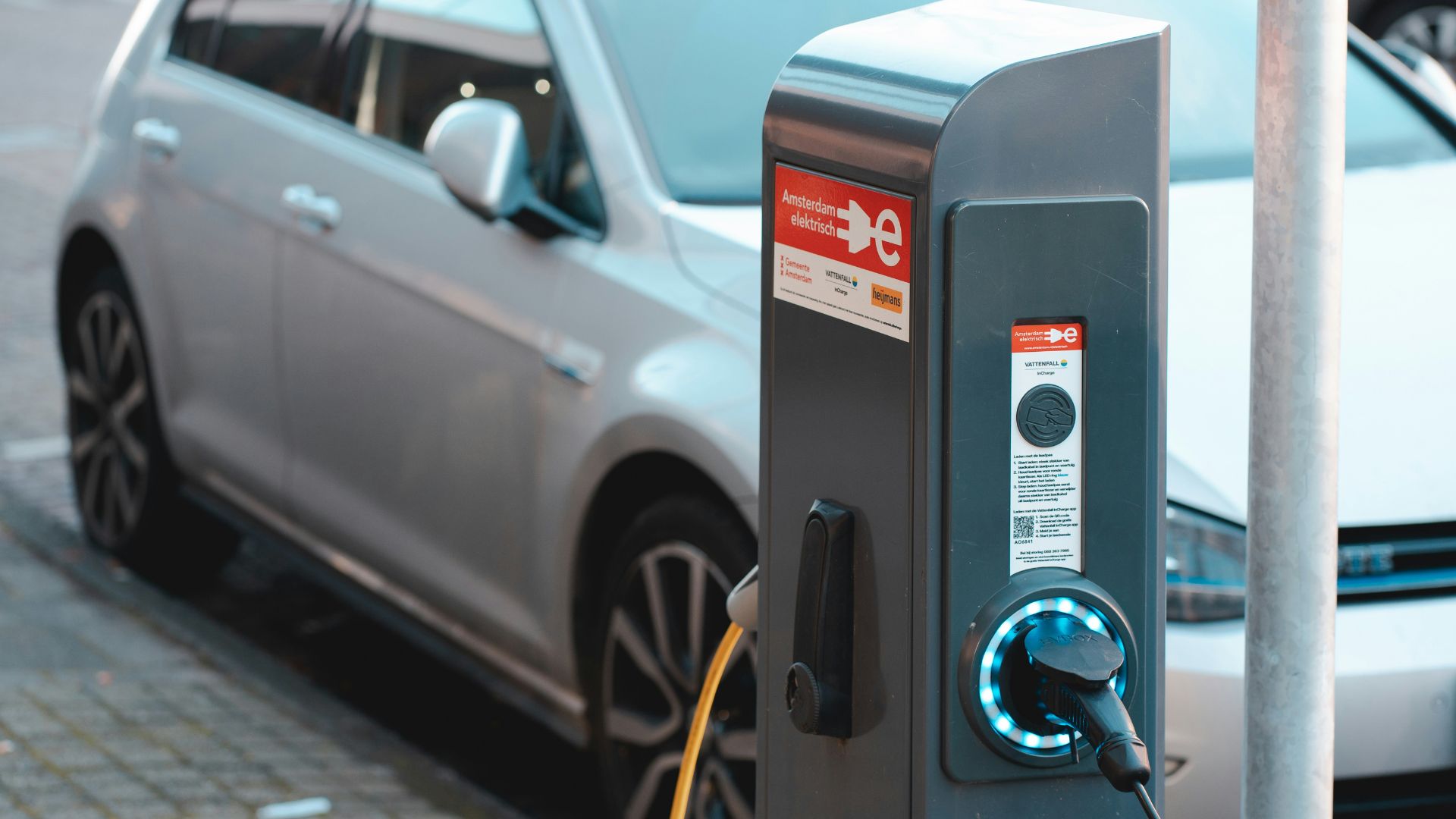
Participants in the pilot will experience different charging methods.
Some will pay a flat rate, while others’ fees will depend on their vehicle’s fuel efficiency, aiming to equitably distribute the tax burden based on usage.
Legislative Decisions Ahead

The pilot’s results will play a critical role in legislative decisions.
It’s up to the California Legislature to decide if this road charge should replace the gas tax permanently, shaping the future of state infrastructure funding.
Stabilizing Road Maintenance Funding

The shift to a mileage tax aims to stabilize funding for road maintenance as gas tax revenues decline.
This change is crucial for maintaining California’s extensive road network in the face of evolving automotive technologies.
Data Management and Privacy

Offering options from low-tech to high-tech for tracking mileage, Caltrans ensures that participants can choose their comfort level with data sharing.
“It’s really important to have options,” says Prehoda, emphasizing the balance between data efficiency and privacy.
Pilot Program Feedback
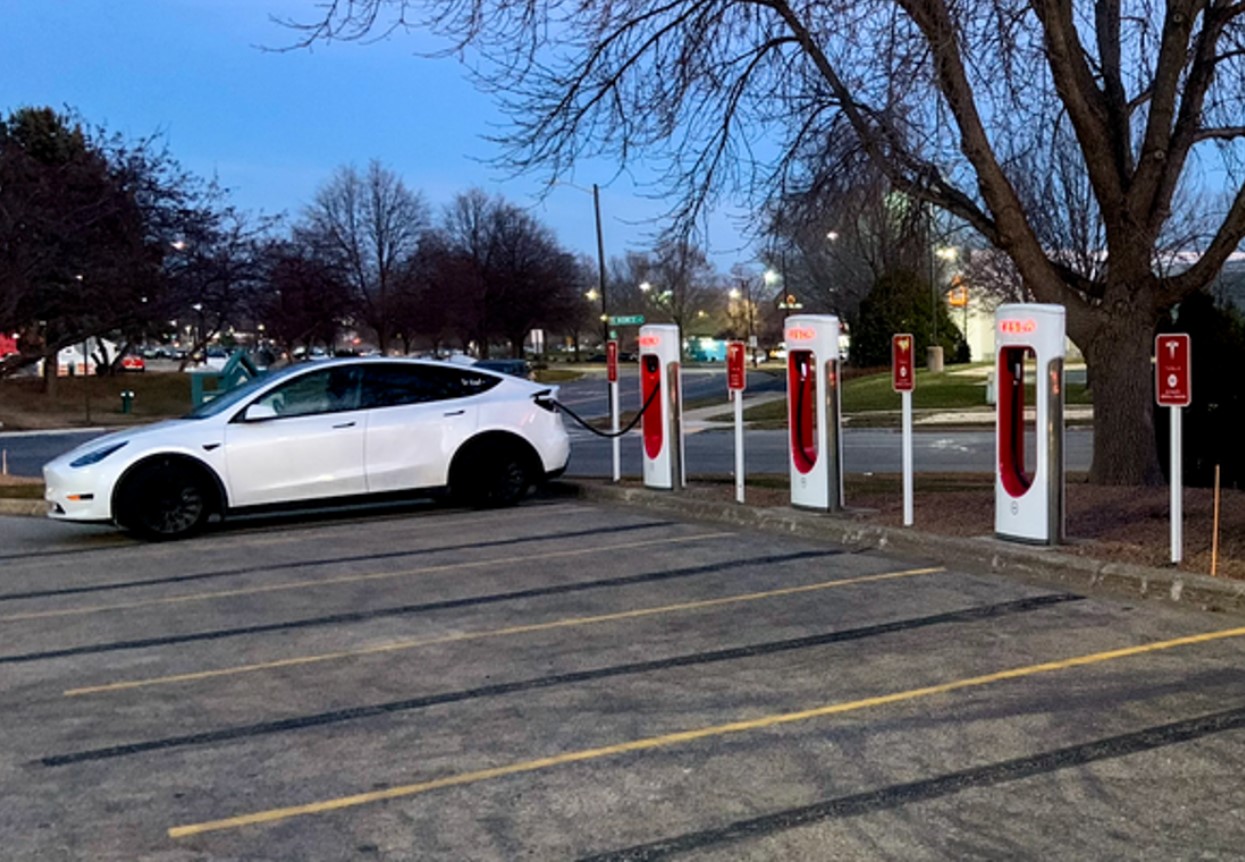
Throughout the pilot, feedback from participants will be vital.
Caltrans will use this data to refine the program, ensuring it meets the needs of California drivers before any statewide rollout.
A National Trendsetter

California’s pilot program could set a precedent for other states.
This particular experiment might become a model for how to fund road maintenance in the era of electric vehicles and reduced gas consumption.


